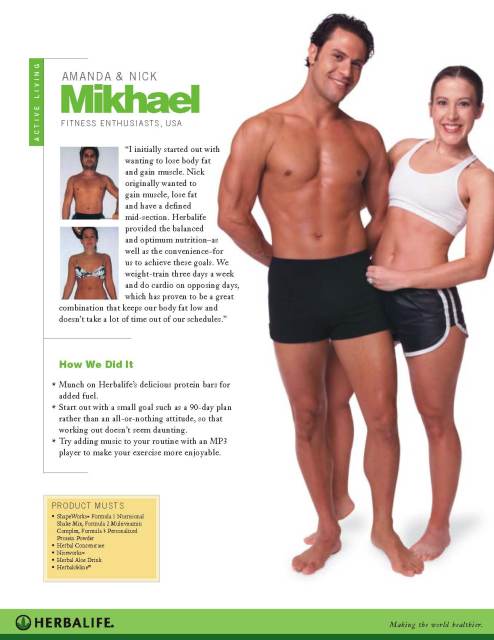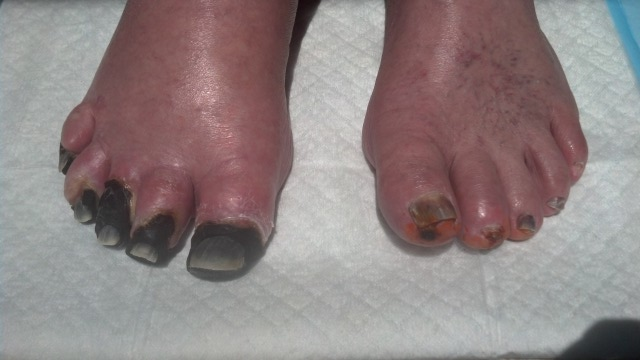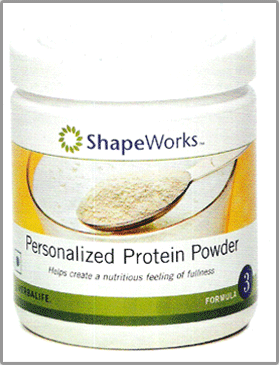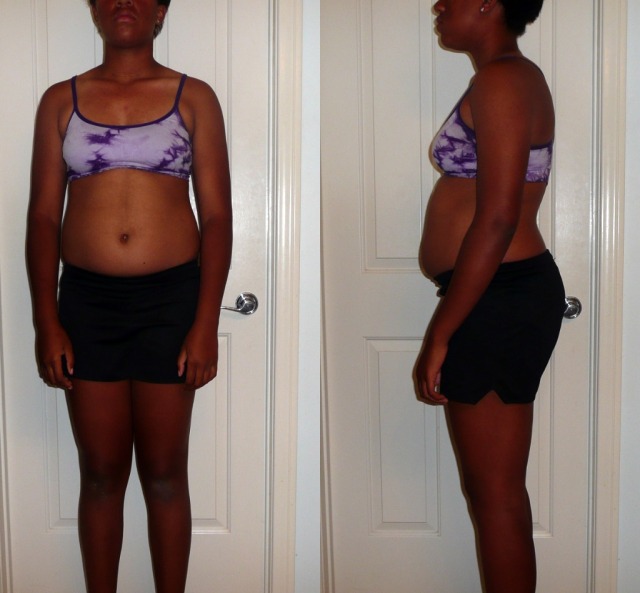Need help on macronutrient intake
Question
Hello,
I have a couple questions, but first a little about me:
I'm a male, 5'11, 28yr, 235lbs and a sedentary lifestyle. I'm currently eating 1800cal/day on average and have lost 10 lbs in the past 3-4 weeks (I started tracking my calories and weight on Dec. 10th, but was on a diet a few days prior to that). I'm not sure of my body type, or if that matters at all, but I do have broad shoulders, long legs/arms and gain both weight and muscle fairly easy. The worst part of my body is around my belly-currently 47cm, where all fat seems to go. I think I'm a mesomorph.
I am aware that my calories might be a bit too low for me, but due to my sedentary lifestyle and the acceptable rate in which I lost some lbs I thought It would be ok to keep eating 1800cal-I also don't feel hungry. I will go up to 2000-2200cal once I start working out.
I do not eat any junk food or sodas. I eat mostly lean meats, lots of fruit, eggs, nuts, yogurt etc.
I have two questions:
1. What should the ratio of protein,fat and carbs be for my situation? I came up with 160g (.7 for every lb) for protein, 82g fat and 93g carbs. I know my protein is ok, but should I lower the carbs due to my body type? If I do, and increase the fat, will this fat go to my belly fat?
2. I have not lost any weight in the past week. I still weigh 235lbs since last week, is there anything I should change or is this normal? I always weigh my self first thing in the morning on an empty stomach.
I'll appreciate any help, thank you!
Great question! The ideal macronutrients distribution is about 50% carbs, 30% fat and 20% protein.
For 1800 calories, carbs would contribute 900 calories--at 4 calories per gram this means 225 grams carb. Your estimate was quite low, and I wonder what references you are using. (Mine are the American Heart Association, the American Diabetes Association, The American Cancer Society and the Academy of Nutrition and Dietetics!)
Then 600 calories from fat divided by 9 calories per gram puts the ideal fat intake at about 65 grams.
Protein (.7 g per pound is quite high, unless you are into serious bodybuilding) contributes 360 calories in 90 grams.
Following a low calorie diet for your size after a month could signal your body, "hey, we aren't getting enough food...slow down the metabolism so we don't starve!"
The best tactic now is to get moving! You don't have to 'work out', just go for a 15 minute walk twice a day, take stairs when you can, park a little farther away. Consider getting a simple and inexpensive pedometer and track your steps. Get a baseline number over 4 or 5 days and then challenge yourself to increase by 500-1000 a day each week....adding 1000 steps is about 1/2 mile and will burn an extra 50 calories, so it's not a big step, but this alone can keep your weight down 5 pounds each year!
Good luck
- Prev:weight/proportion
- Next:Having A Good Diet
Related Articles
-
Vitamin D-3 doses and effects
QuestionI am 67 year old male.....lately Ive heard that taking D3
-
If weight loss is a numbers game....
QuestionCan I make up for days that I HUGELY binged by eating an
-
diet with my exercise.
QuestionHello I am a 23 yr old female 54 135 lbs.I have belly and
-
Appetite suppressant
QuestionWhat is the most effective appetite suppressant? I抳e trie
-
Hunger pangs
QuestionDear Susan, I eat a satisfying breakfast, and I dont usu
-
I was told by my family doctor,...
QuestionI was told by my family doctor, that white bread is not g




